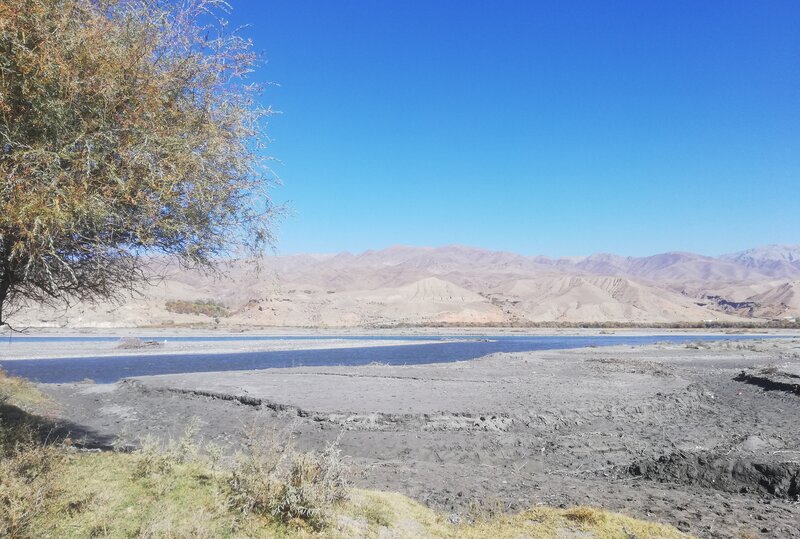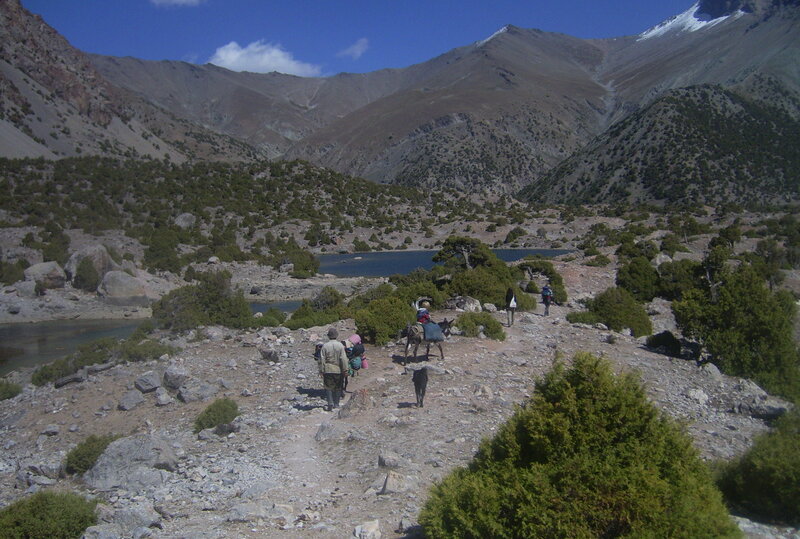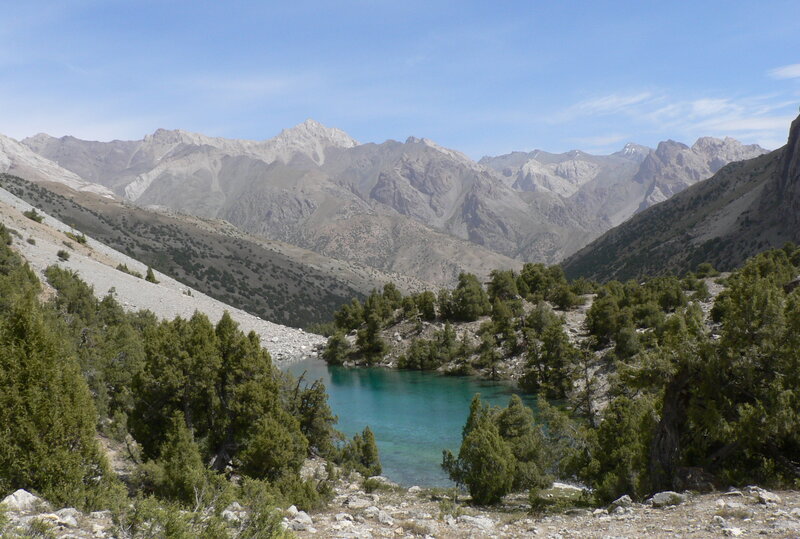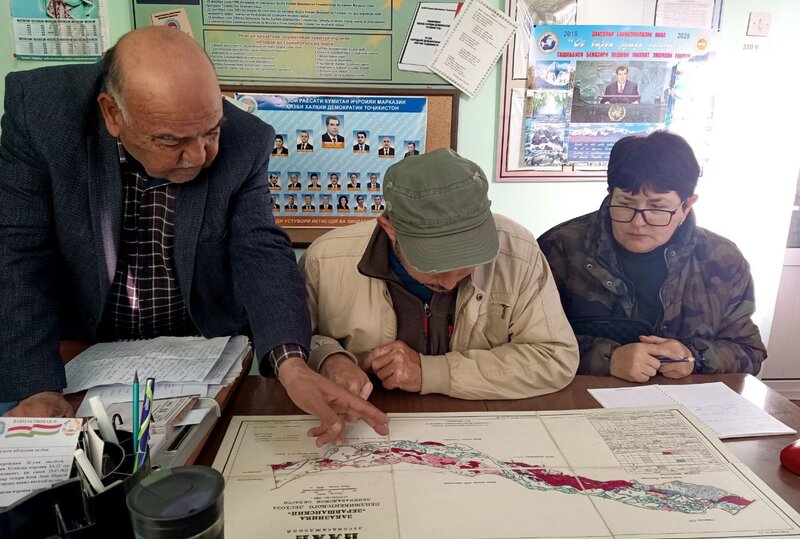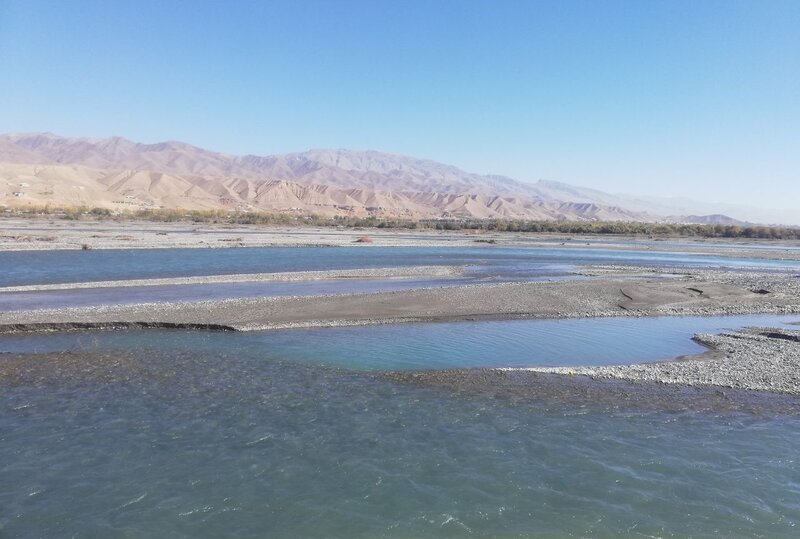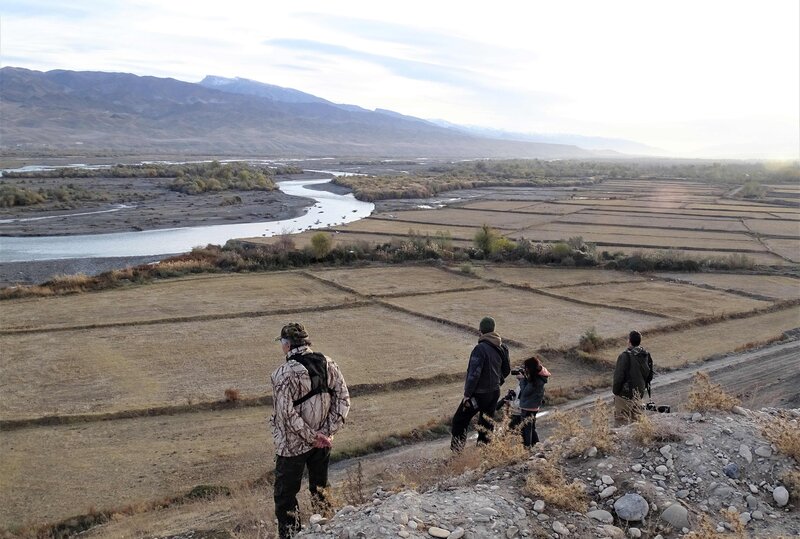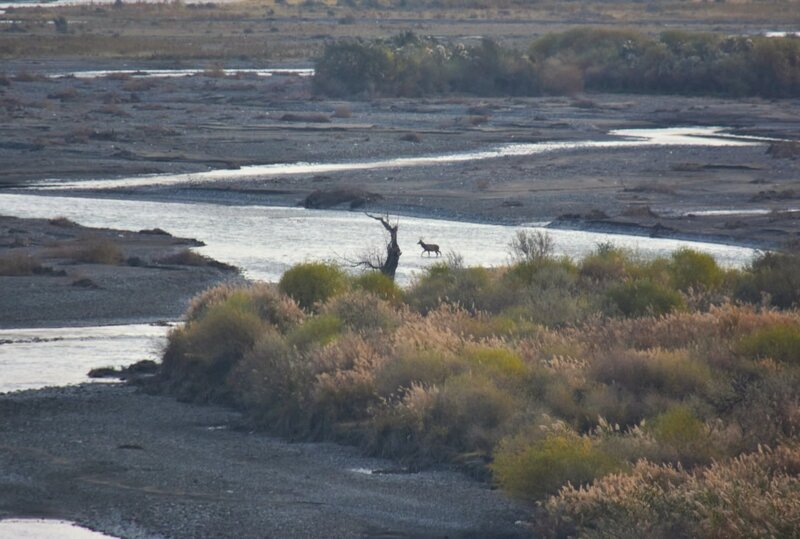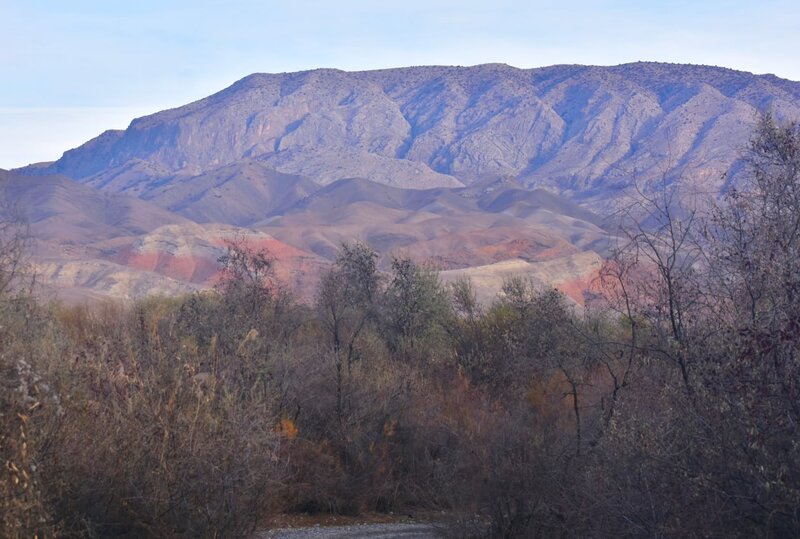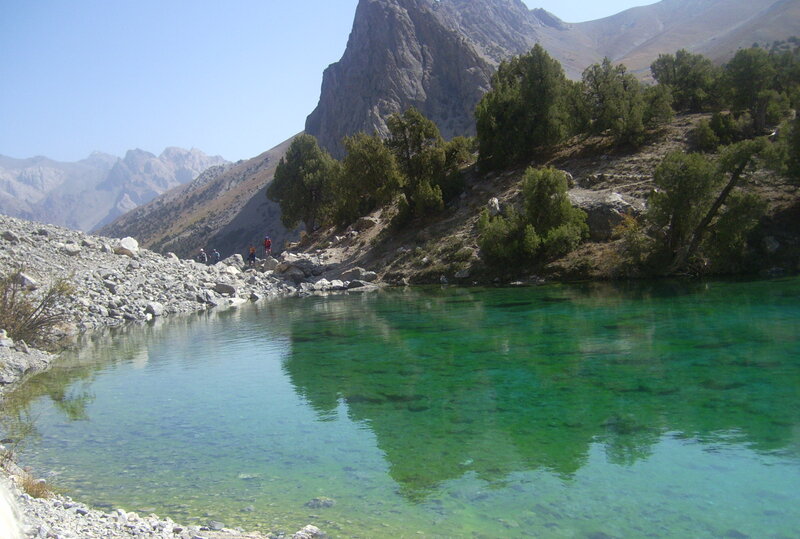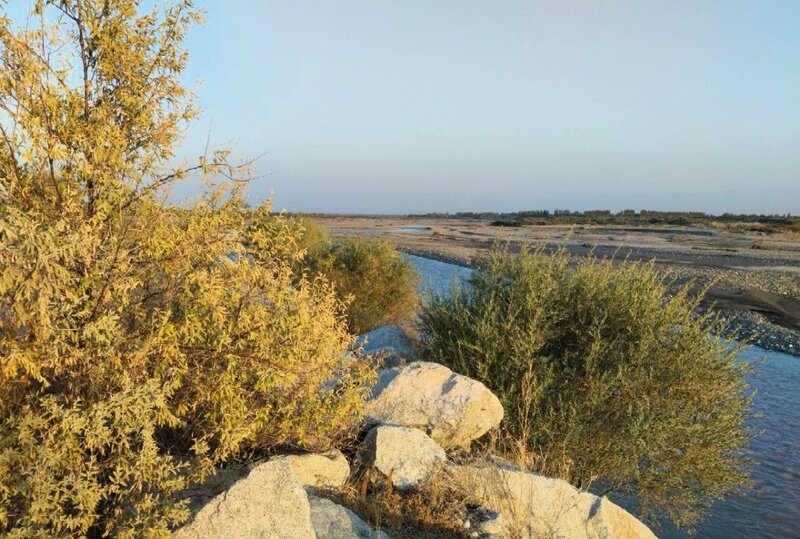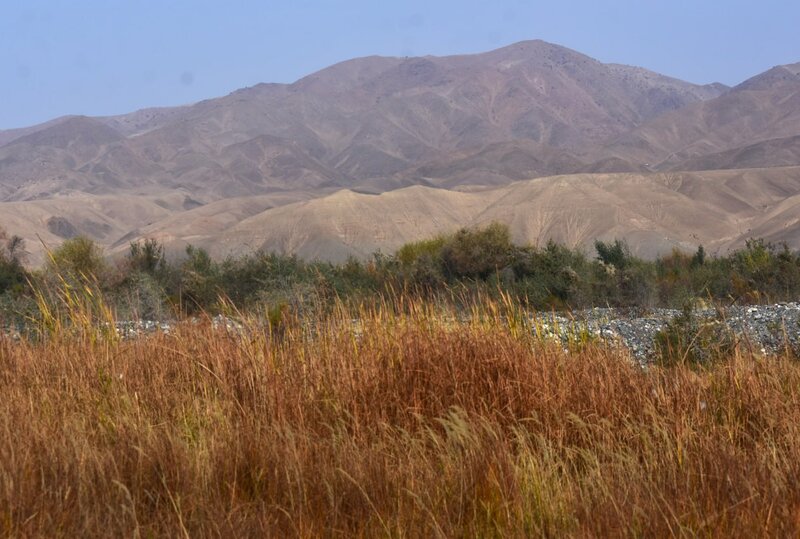Central Asia
Strengthening transboundary nature conservation and sustainable land use in Central Asia
Background
Regional cooperation for biodiversity conservation and sustainable land use is becoming increasingly important in Central Asia. In their „Regional Environmental Program for Sustainable Development in Central Asia 2020-2030" of the Intergovernmental Commission for Sustainable Development of the International Fund for Saving the Aral Sea, the five Central Asian states define transboundary cooperation for the protection of important ecosystems as one of their priorities. Currently, existing approaches and strategies for the conservation of transboundary areas in Central Asia often stop at national borders. Similarly, unsustainable land use and inefficient protected area management threaten the condition of transboundary ecosystems and lead to large-scale degradation processes.
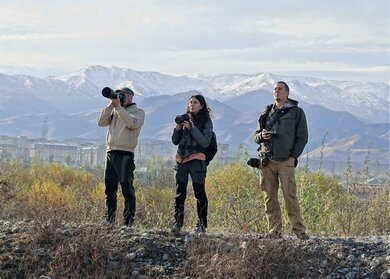
Central Asia
Strengthening transboundary nature conservation and sustainable land use in Central Asia
Location: Central Asia
Duration: 07.2023 - 02.2025
Goal
Against this background, the project aims to strengthen transboundary cooperation in nature conservation and protected area management in Central Asia, taking into account integrative land use approaches.
Using different integrative approaches to biodiversity conservation and sustainable land use, methods will be tested that prepare the ground for long-term cross-country conservation and exchange in Central Asia.
Approach
The project comprises three work packages:
- Creating conditions for improved transboundary nature conservation management and actively promoting implementation measures;
- Strengthening sustainable land use management in the target countries;
- Strengthening regional exchange on transboundary cooperation.
One of the pilot regions of the project is the Zarafshan Valley between Uzbekistan and Tajikistan. The Tugai forests along the Zarafshan River are of particular importance for nature conservation due to their special ecological character and biodiversity. A unified monitoring concept will be developed for the valley, the capacities of the existing two protected areas in Uzbekistan and Tajikistan will be strengthened and concepts for transboundary tourism will be developed.
Wherever activities at local level have regional relevance and lessons learnt, communication products or other outputs will be shared back regionally or packaged for regional audiences. Exchange formats such as round tables, side events or summer schools provide for a regional exchange.
MSF experiences from ongoing or completed regional projects in Central Asia, such as the Central Asian Desert Initiative (CADI), will help to develop common regional strategies.
The project is funded by GIZ within the framework of the regional project „Integrated Land Use in Central Asia (I-LUCA)“.
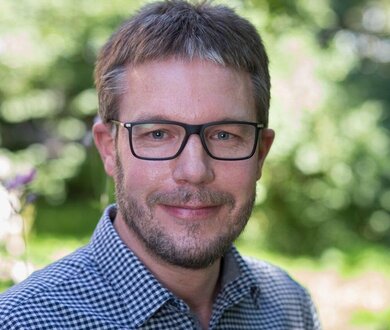
Christian Welscher
Expertise: International environmental and nature conservation cooperation, protected area management
Tel +49 3834 83542 36
